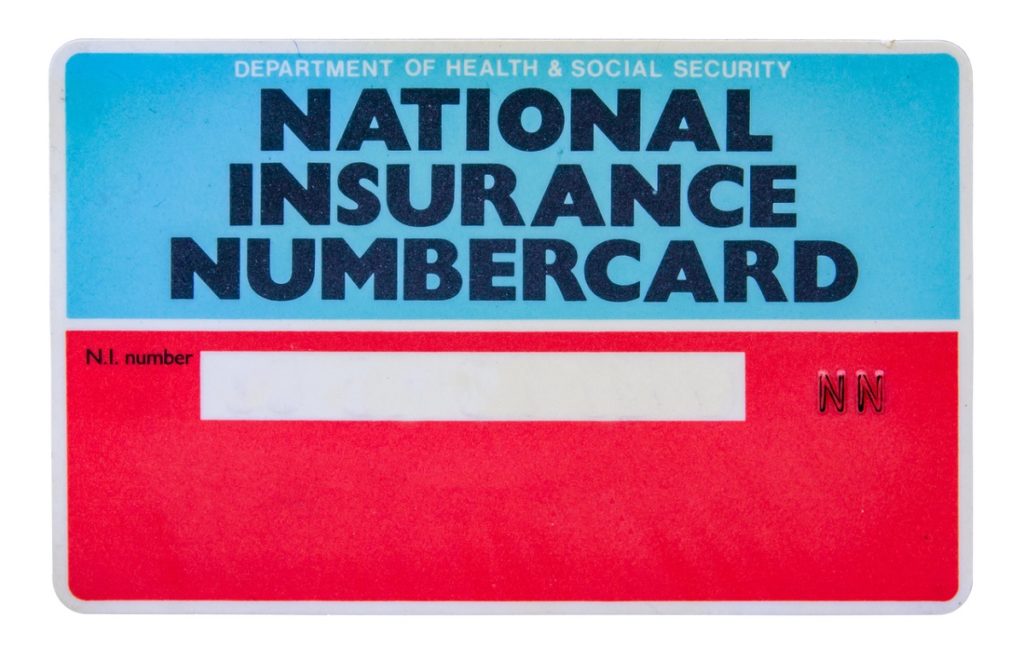Later today the government will announce its solution to the unsolvable problem: how to pay for social care.
As with most government announcements, much of it has already been leaked to give them the opportunity to read the room before officially committing to anything. It is anticipated they will announce an increase in National Insurance of 1-2%.
This puts the Conservatives in a difficult position. In 2019, they ran on a hand-tying manifesto pledge not to increase Income Tax, National Insurance or VAT. Many inside the party are uncomfortable reneging on that promise, despite covid clearly changing the game.
But regardless of Labour and some Tory rebels opposing the move, it will likely still pass the Commons. The issue therefore is less what will happen in the immediate future, but what should happen further ahead.


Many have pointed out that a hike in National Insurance will only exacerbate generational inequality. The Institute for Fiscal Studies has detailed how a rise in National Insurance would mean the under 50s front two-thirds of the cost of social care.
This understandably strikes many as unfair. During lockdown, young people have felt their youth ebb away in the name of protecting older people. For them to foot the bill for the elderly’s care is unreasonable, especially given generational wealth distribution.
YouGov predictably leapt to the government’s defence, producing a poll claiming two-thirds of people supported an increase in National Insurance to fund social care, including a majority of young people. However, the poll failed to give respondents a choice of alternative means of financing social care, of which there are many.
Despite the uproar, this debate hasn’t yet prompted a reappraisal of the entire concept of National Insurance. If it isn’t fair to fund social care through National Insurance, is it fair to use it to fund anything at all? I would argue that it is not. National Insurance is a regressive stealth tax that should be scrapped and rolled into Income Tax.
National Insurance targets the poorest. You start paying it at an income of £9,500 per year, £3,000 lower than the personal allowance for Income Tax. Why is the state taking any money away from people earning so little?
The basic rate is 12%, far higher than most would expect. This means the lowest earners can pay a similar amount in National Insurance as Income Tax at a combined marginal rate of 32%.
Worst of all, the rate drops from 12% to 2% for earners above £50,000. The logic is that National Insurance funds services like pensions and social care which one person can only consume so much of, and therefore should not pay much above that amount.
But that isn’t how the philosophy of taxation works in this country. We don’t say the better off should only pay for the state education provided to their own children. Why should social care be any different? Even its name is distasteful. There’s something insidious about people having to pay ‘insurance’ to be adequately looked after in their old age.
With all these problems, why isn’t National Insurance just rolled into Income Tax? As is often the case, it’s an example of politics getting in the way of good policy. The ‘real’ rate of taxation (Income Tax plus National Insurance plus VAT) is significantly higher for average earners than most would be aware of, and possibly higher than they would accept.
Until a government is brave enough to level with people about how much they need to be taxed to support the functions of a modern state, and until the public can stomach it, then politicians will continue to use botched backdoor methods to get the money in.












